Climate change and the Baltic Sea
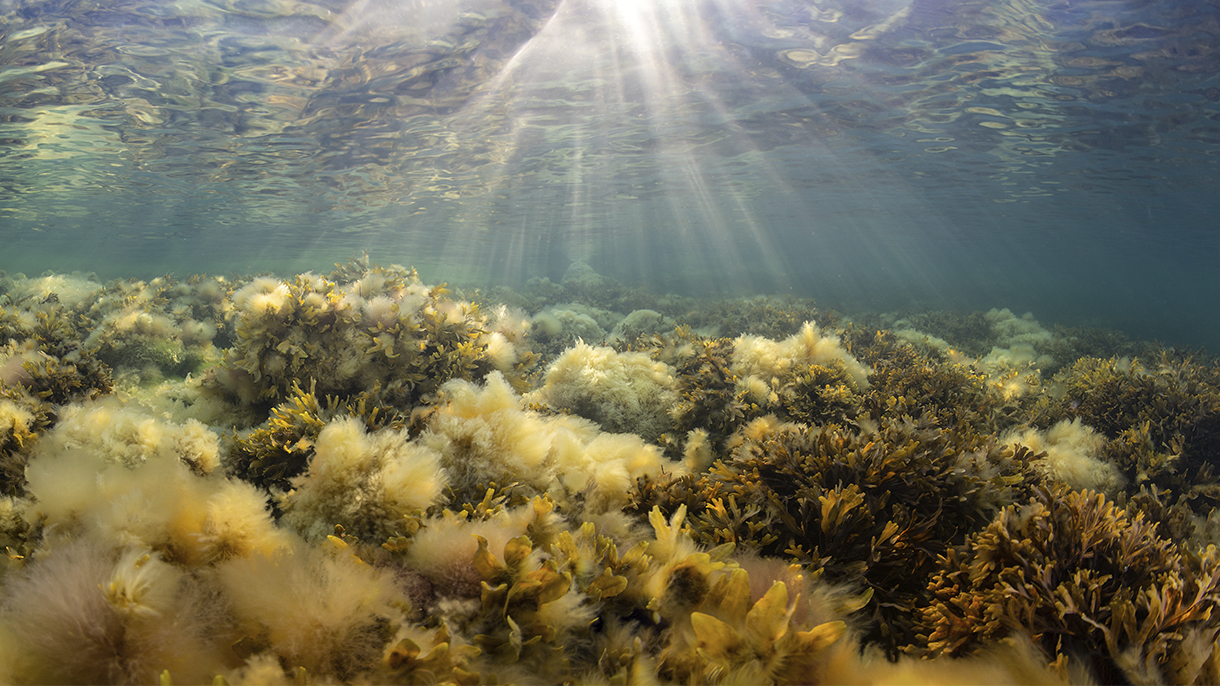
Global warming is changing the Baltic Sea and affecting underwater nature in many ways, and the consequences can already be seen in the sea. The impacts of climate change are further accelerating the eutrophication of the Baltic Sea.
Climate change increases eutrophication
As a result of global warming, the ice cover of the Baltic Sea is decreasing, and the sea is covered in ice for a shorter period. Increased rainfall and mild winters without snow cover are increasing the nutrient runoff into the Baltic Sea from land. Nutrient discharges accelerate the eutrophication of the sea.
Warm waters and abundant phosphorus supply promote the growth of blue-green algae, in particular. As seawater warms up, oxygen consumption also increases on the seabed. As oxygen depletion worsens, anoxic areas of the seabed release more nutrients for algae to use.
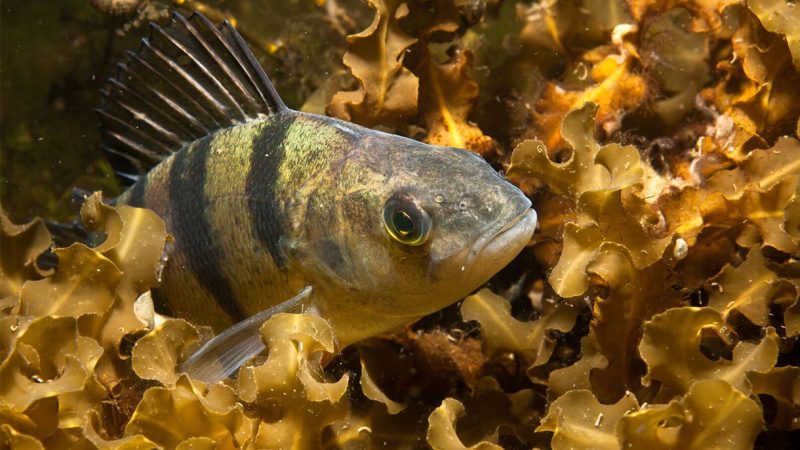
Climate change effects marine habitats and species
As a result of climate change, the sea is now warmer than before – all the way from its surface water down to its seabed basins. Climate change will benefit such Baltic Sea species that are not adversely affected by eutrophication or warmer water.
The warming of seawater will alter food chains in the Baltic Sea and affect the entire underwater environment in many ways. Some northern species adapted to conditions of the Baltic Sea will have nowhere to go if they cannot adapt to these rapid changes.
Species requiring cool, clean water (such as salmonids and burbot) will suffer from the changes caused by both eutrophication and climate change. Conversely, cyprinid fish and pikeperch thrive also in warm, murky waters.
In the future, it will also be easier for southern invasive species to make their home in the Baltic Sea, and some of these newcomers may pose a threat to our sea’s native species. Species loss will make it more difficult for marine nature to adapt to the changes brought about by global warming.
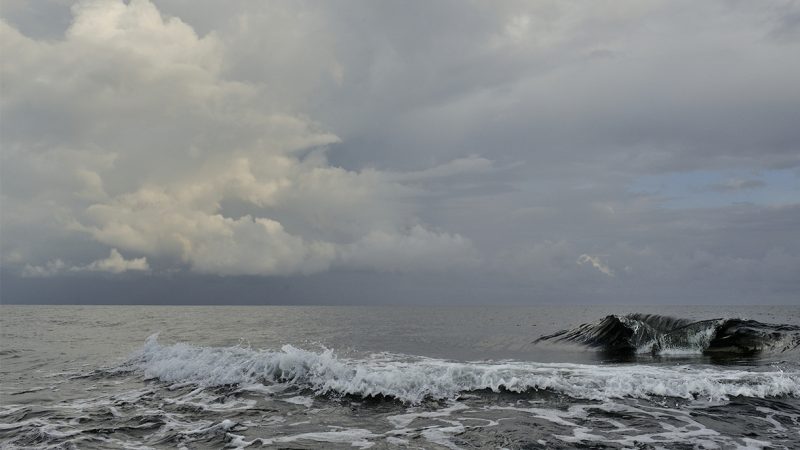
Increased rainfall
Rainfall is predicted to increase in the northern Baltic Sea region as a result of climate change. If the flow of freshwater into the Baltic Sea increases, some originally saltwater species may have to move to saltier waters.
Several key species in the Baltic Sea’s coastal communities are of oceanic origin, such as bladder wrack, common eelgrass and common mussels. Climate change may therefore pose challenges to their survival in our waters over the longer term.
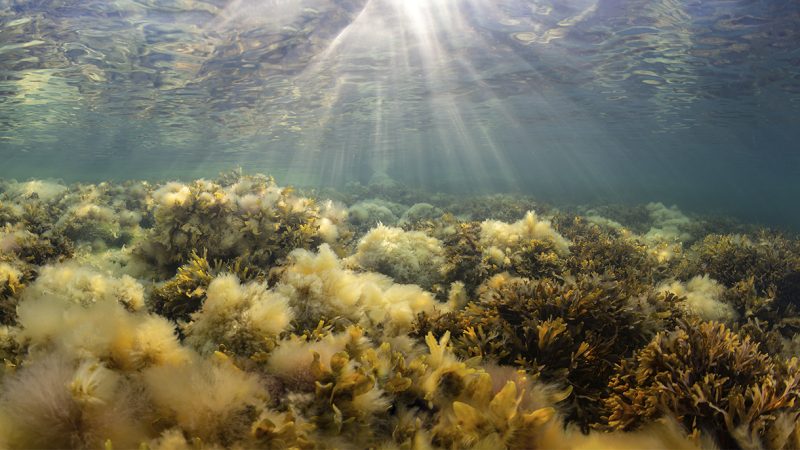
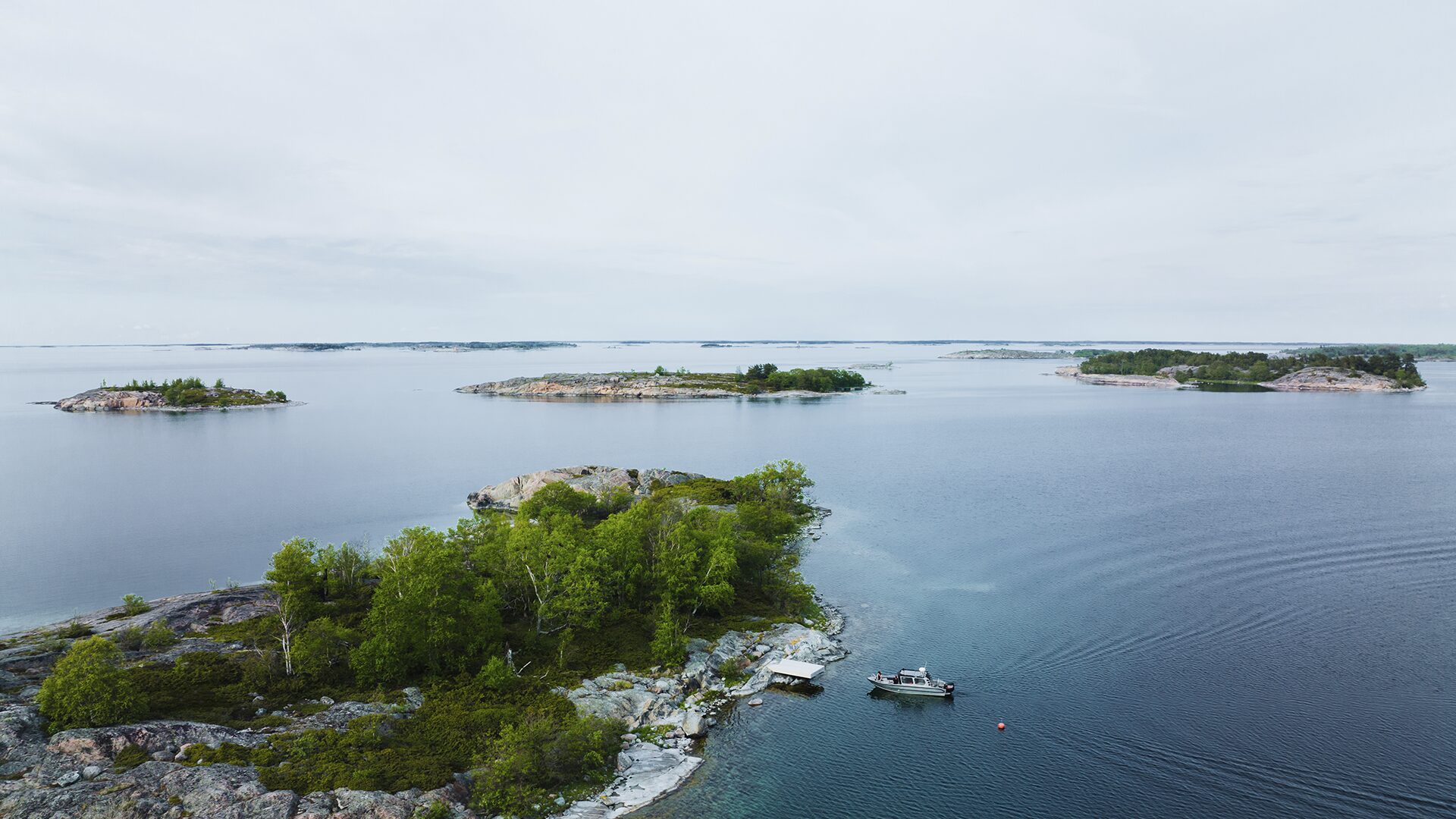
With your help, we save the Baltic Sea
Donations enable us to protect the marine nature and communicate why the sea matters.